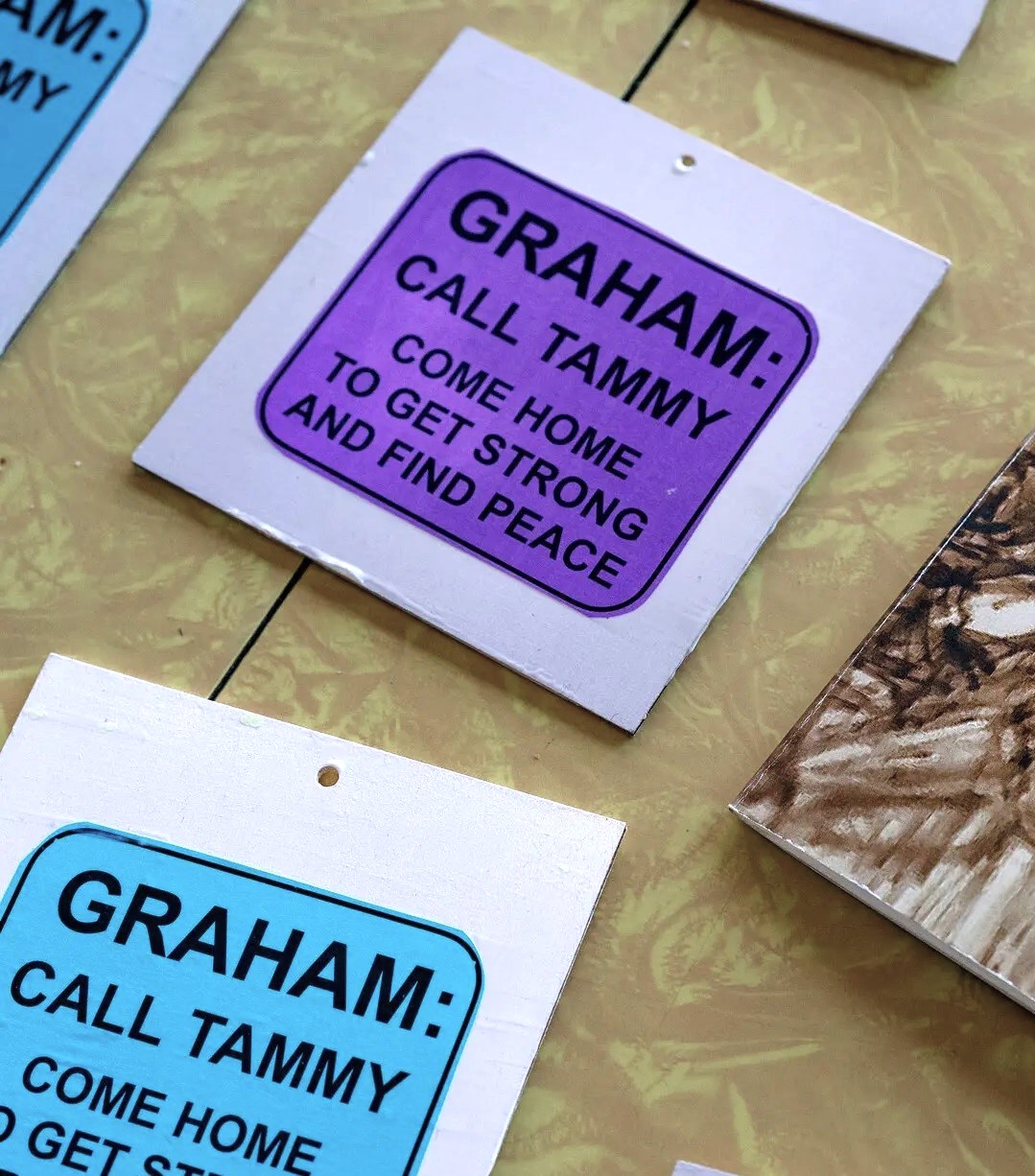
Washington Post opinion writer Robert Kagan’s essay should act as a flock of canaries in the coal mine of America’s consciousness concerning a second Trump presidency.
“Let’s stop the wishful thinking and face the stark reality,” Kagan writes, “There is a clear path to dictatorship in the United States, and it is getting shorter every day. In 13 weeks, Donald Trump will have locked up the Republican nomination. . . . Like people on a riverboat, we have long known there is a waterfall ahead but assume we will somehow find our way to shore before we go over the edge.”
The waterfall is coming much sooner than expected as the former president continues to not only taint prospective jurors in multiple upcoming trials but reinforce his supporters with the belief that the charges are all lies brought about by a vast collective of “Deep State” conspirators. The first challenge, however, is to awaken the consciousness of Deep Trump believers. This story might help in that effort.
Tammy Lacher Scully, a Maine resident has bravely been searching for her 39-year-old autistic son Graham Lacher, who disappeared from a hospital 18 months ago. Scully continues the search, even standing at a bus stop regularly in the hopes that a Christmas miracle may happen. She has blanketed the area with signs, hoping that her son might contact her.
“GRAHAM: Call Tammy. Come home to get strong and find peace.”
It’s a simple message, but the metaphor could not be more appropriate for the country’s crisis of faith.
Too many of us remain lost in a wilderness of despair and disaffection. Distrust has been carved so deeply into their consciousness that they willingly believe anything that supports their pain, even if it lacks reason and truth.
We all want the strength to work through our problems. We all want to come home from the chaos and division that has set family and friends and neighbors against one another.
It’s not just a matter of believing in the country again. It’s a matter of believing in each other again.
Tammy Scully and her husband have “crisscrossed the sprawling state of Maine, checking and rechecking dozens of homeless encampments and shelters. And they have chased hundreds of tips from some of the 6,000 strangers who follow their search on Facebook,” Times reporter Jenna Russell writes. She likens Scully’s daily vigil at the bus stop to a novena—a daily prayer said for nine consecutive days—to give her the strength and hope to find her son or the necessary closure that he is gone. Graham has had autism and schizophrenia since he was diagnosed as a teenager. He creates artwork and writes poetry like this:
“Motherly Love. She taught me to be/A good person.”
What will it take for us to resurrect that essential feeling of nurturance and role modeling necessary to be a good person?
We can start with a different kind of novena, one that motivates us to set aside our differences and appeal to our better angels.
Wouldn’t that be a good Christmas wish for all of us?
Comments











